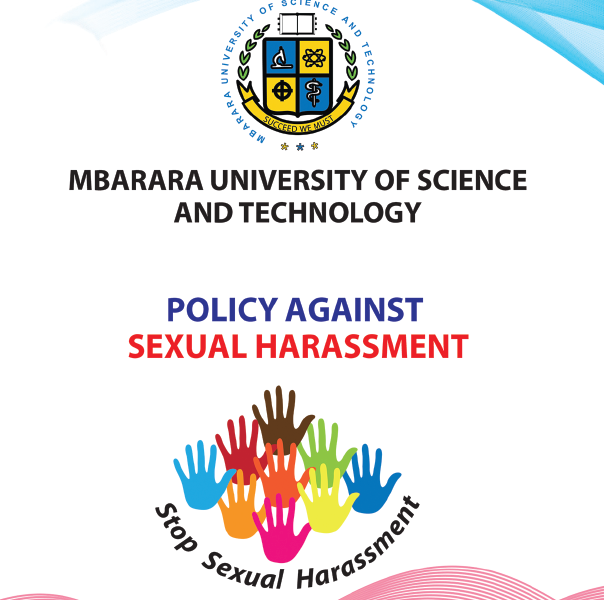Sexual Harassment is Unwelcome behavior in all its forms.
It is offensive, humiliating, and intimidating!
It is about power, not sex!
It is illegal!!
According to the US Equal Employment Opportunity Commission (EEOC), there are two types of sexual harassment claims: “quid pro quo” and “hostile work environment.” The EEOC provides guidance on defining sexual harassment and establishing employer liability.
Quid pro quo means “this for that.” In this context, it involves expressed or implied demands for sexual favors in exchange for some benefit (e.g., a promotion, pay increase, or better Marks) or to avoid some detriment (e.g., termination, demotion, or academic failure) in the study or workplace. Quid pro quo harassment is perpetrated by someone who is in a position of power or authority over another (e.g., manager or supervisor over a subordinate). A clear example of quid pro quo harassment would be a supervisor threatening to fire an employee if he or she does not have sex with the supervisor (or a lecturer threatening to fail a student… …).
Hostile work environment harassment arises when speech or conduct is so severe and pervasive in that it creates an intimidating or demeaning environment or situation that negatively affects a person’s job/academic performance. Unlike quid pro quo harassment, this type of harassment can be perpetrated by anyone in the work/study environment, including a peer, supervisor, subordinate (student), vendor, customer, or contractor.
Hostile work/study environment situations are not as easy to recognize, given that an individual comment or occurrence may not be severe, demeaning behavior may occur that is not based on sex, and there may be long periods between offensive incidents. Examples of conduct that might create a hostile work/study environment include inappropriate touching, sexual jokes or comments, repeated requests for dates, and a work (study) environment where offensive pictures are displayed.
The US Equal Employment Opportunity Commission (EEOC), says sexual harassment can occur in a variety of circumstances, including the following:
ü The victim as well as the harasser may be a woman or a man. The victim does not have to be of the opposite sex.
ü The harasser can be the victim’s supervisor, an agent of the employer, a supervisor in another area, a co-worker, or a non-employee.
ü The victim does not have to be the person harassed but could be anyone affected by the offensive conduct.
ü Unlawful sexual harassment may occur without economic/academic injury to the victim.
ü The harasser’s conduct must be unwelcome.
Prevention is the best tool to eliminate sexual harassment in the study/workplace. By communicating to employees that sexual harassment will not be tolerated, by training on harassment prevention, by establishing an effective complaint process, and by taking immediate and appropriate action when an employee or a student complains, employers have an opportunity to stop inappropriate behavior before it reaches the level of illegal harassment.
As Mbarara University of Science and Technology, it is our responsibility as members of our community to ensure that Sexual Harassment does not occur. It is also important to note that sexual harassment if it is not stopped will put the institution’s image at stake.
The Anti-Sexual Harassment Committee brings you insights into what is in the MUST Sexual Harassment Policy and all the measures the institution is taking to ensure a safe environment for learners and staff.
Watch these videos:
- The Deputy Dean of Students explains the meaning of Sexual Harassment: https://www.youtube.com/watch?v=Ii6zUsdCWq0
- How to ensure the Public is aware of Anti-Sexual Harassment Initiatives – the University Lawyer: https://www.youtube.com/watch?v=lBiyJc_eBpQ
- Senior Assistant Registrar-MUST explains Unwelcome Sexual Conduct: https://www.youtube.com/watch?v=6BYDTbJopPw
- What is the role of the Guild Leadership in dealing with Sexual Harassment cases: https://www.youtube.com/watch?v=abshQx1-u88
- What is the role of University Management in dealing with Sexual Harassment issues at MUST: https://www.youtube.com/watch?v=VQ04vE2me-E
- The Secretary Anti-Sexual Harassment Committee at MUST explains the various forms of Sexual Harassment: https://www.youtube.com/watch?v=qvtijJ9LWic
- The University Lawyer explains how a victim of Sexual Harassment reports a complaint: https://www.youtube.com/watch?v=JPtRAGB9yuQ
Compiled by;
Maureen Kahima T
Chair- Anti-Sexual Harassment Committee

